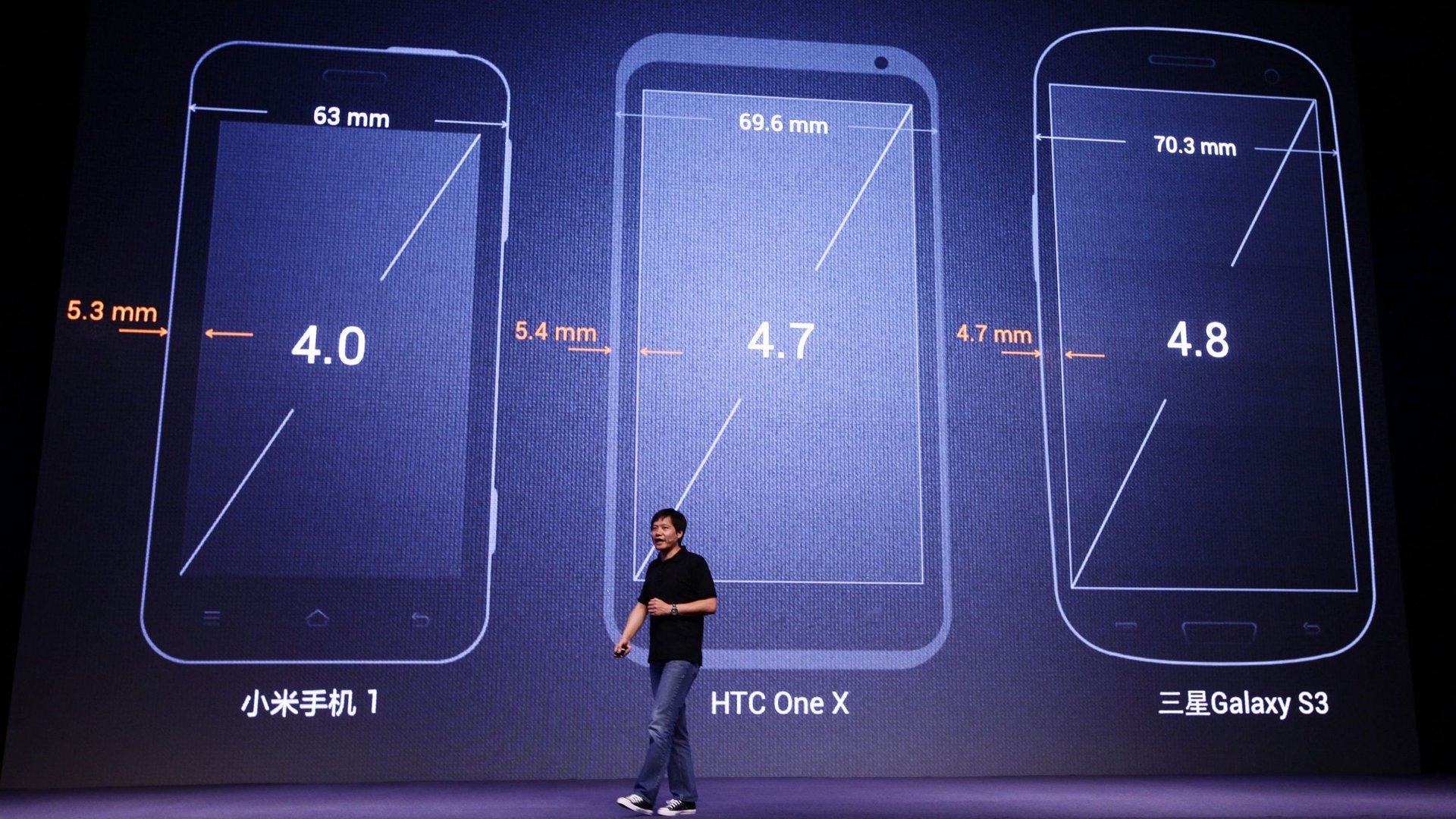Xiaomi took a gutsy gamble on Japan after Fukushima—and it paid off big
Chinese smartphone maker Xiaomi is on a hot streak, selling out its sought-after handsets in mere minutes and ramping up plans to expand beyond its home market. But the company would not have enjoyed this success if founder Lei Jun hadn’t decided to spend most of his team’s early efforts lining up top-flight suppliers for Xiaomi’s handsets—and especially if he didn’t make a bold call to travel to Japan at the height of the Fukushima nuclear crisis.


Chinese smartphone maker Xiaomi is on a hot streak, selling out its sought-after handsets in mere minutes and ramping up plans to expand beyond its home market. But the company would not have enjoyed this success if founder Lei Jun hadn’t decided to spend most of his team’s early efforts lining up top-flight suppliers for Xiaomi’s handsets—and especially if he didn’t make a bold call to travel to Japan at the height of the Fukushima nuclear crisis.
Howard Yu, professor of strategic management and innovation at IMD, tells the tale in a case study of Xiaomi for the Financial Times (paywall):
Two weeks after the earthquake, tsunami and radiation leak that struck at Fukushima in Japan in March 2011, Mr Lei, [operations chief Lin Bin], and another senior executive, Liu De, flew to Japan with the intention of securing supplies of display panels from Sharp. Most foreign visitors were fleeing the country, and the aircraft carrying the Xiaomi executives was almost empty. The Sharp executives were pleased and touched by this demonstration of interest, and negotiated nonstop with their Xiaomi counterparts from 8am until 11pm—when they were thrown out of the Starbucks where they were meeting in Osaka, where Sharp is headquartered.
The case study also details how Xiaomi convinced chipmaker Qualcomm to become a supplier by demonstrating the Miui Android-based operating system that it developed for its phones, which incorporates suggestions from users and releases new features every week.
Maintaining good relations with suppliers is crucial as Xiaomi tries to ramp up production to meet massive consumer demand. In fact, supply-chain bottlenecks remain its biggest obstacle (paywall). But the company wouldn’t be where it is today if Lei and his team hadn’t thrown caution to the wind and flown to Tokyo when many others were fleeing.